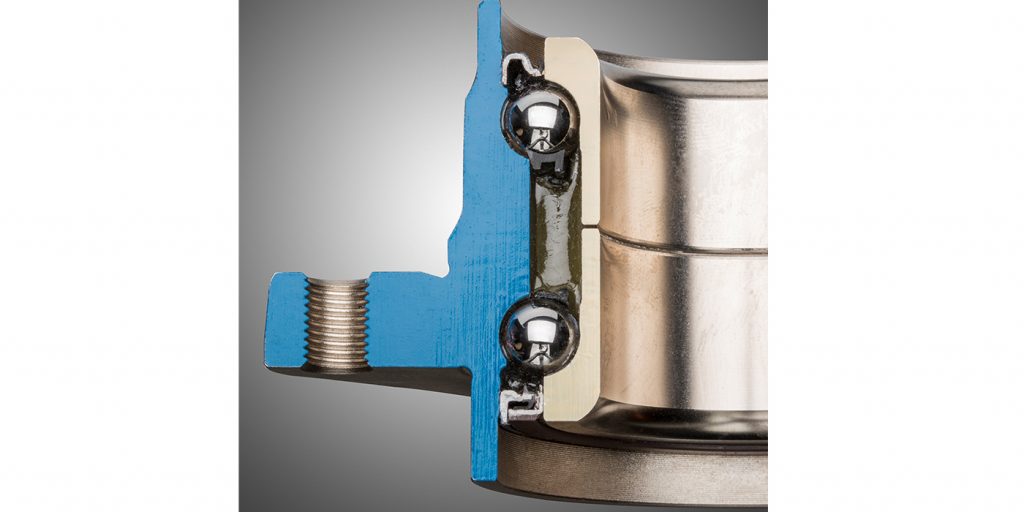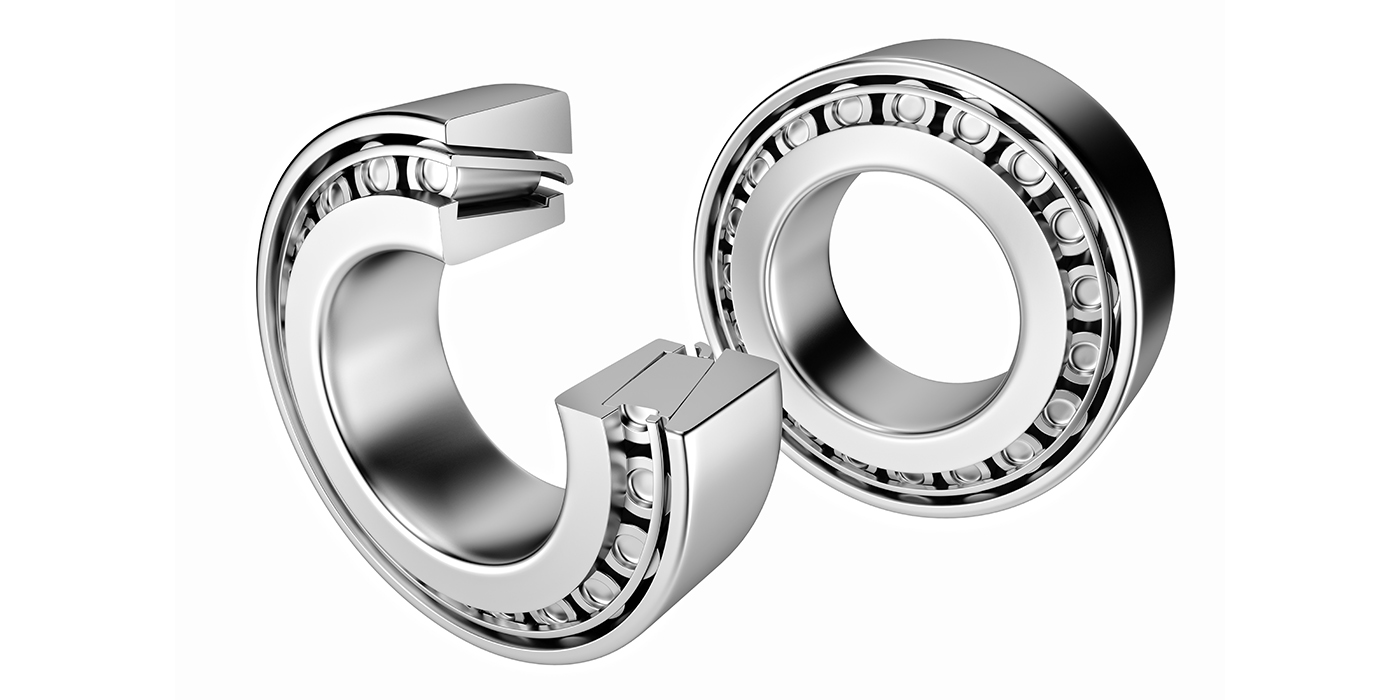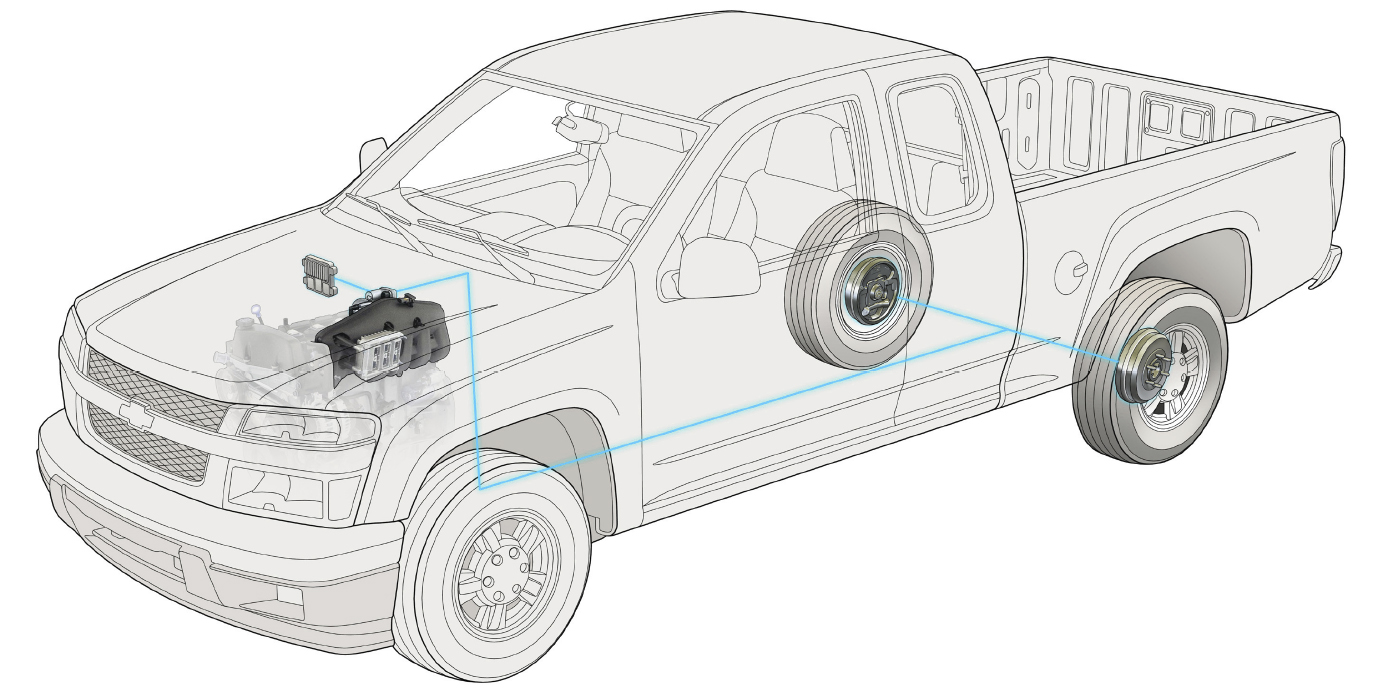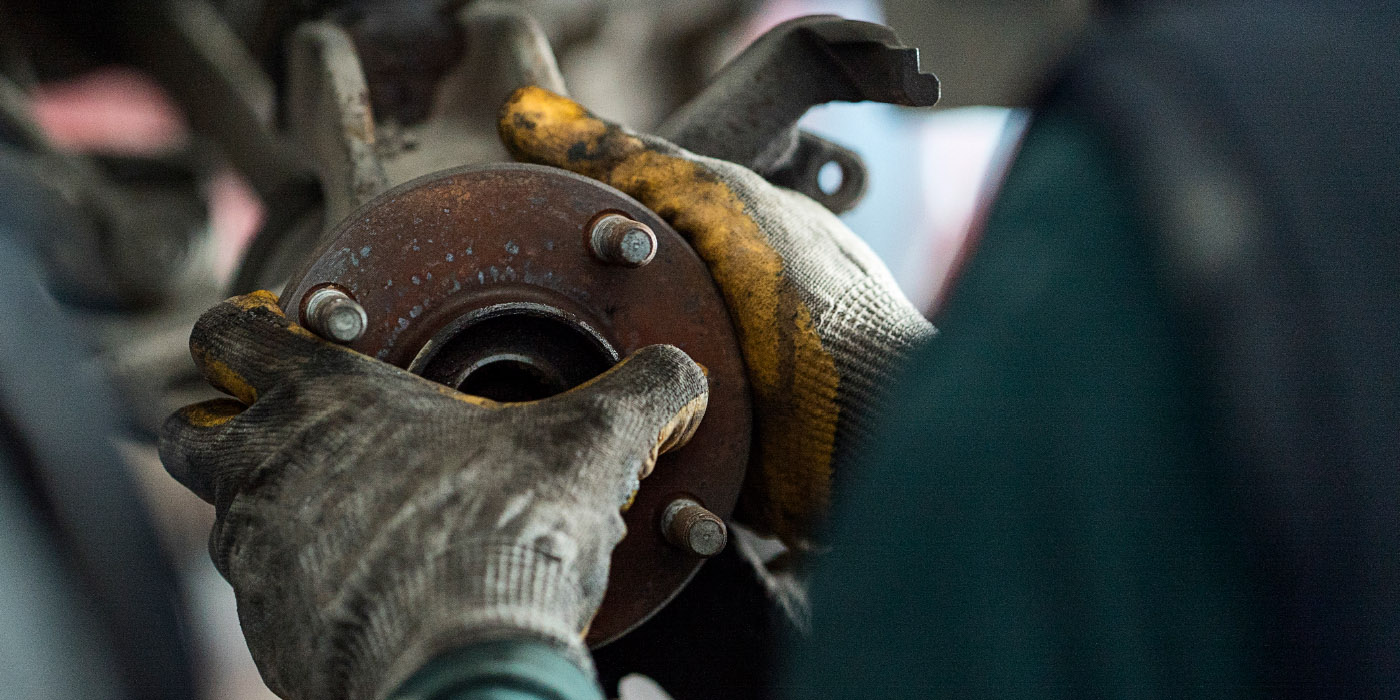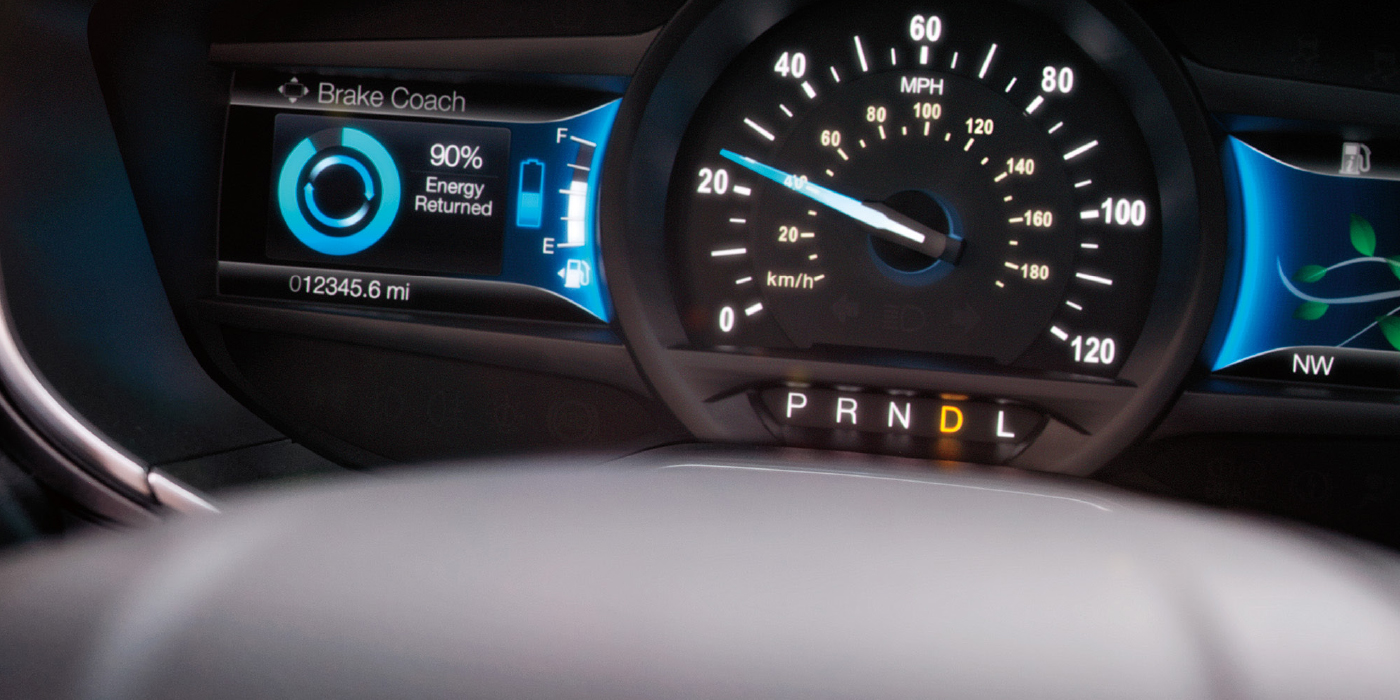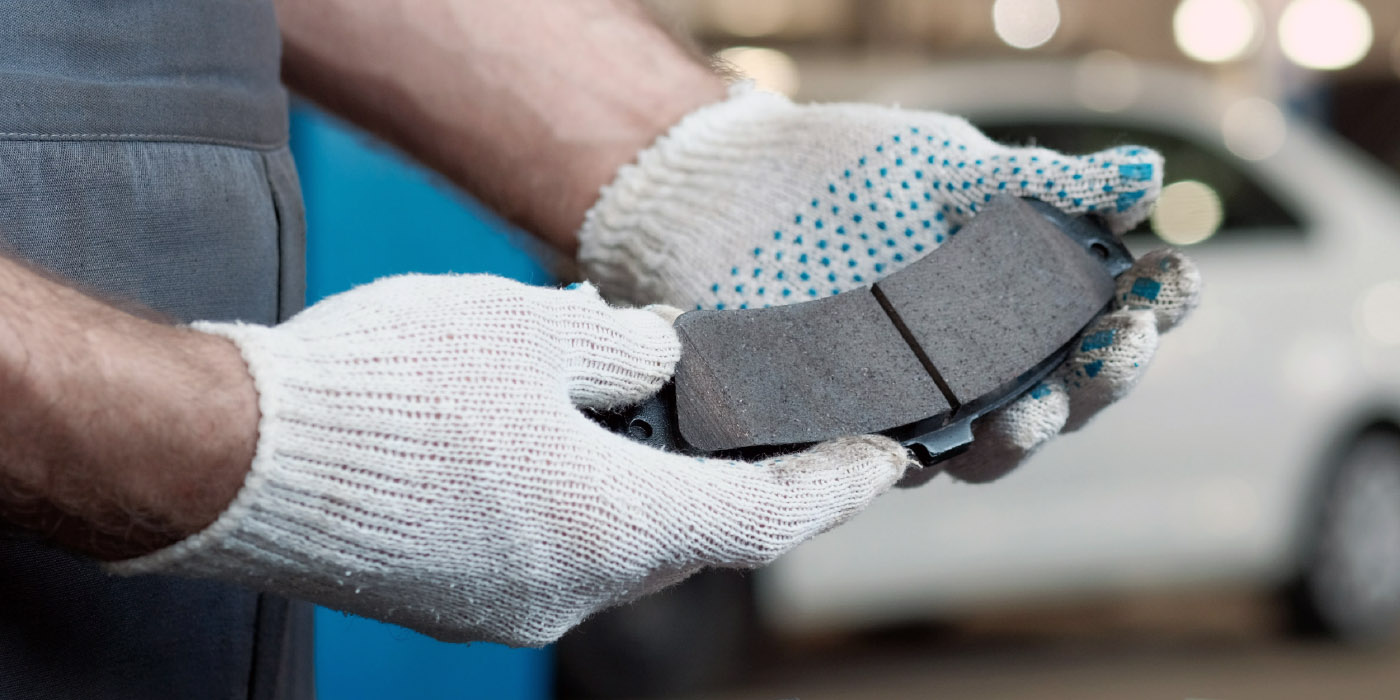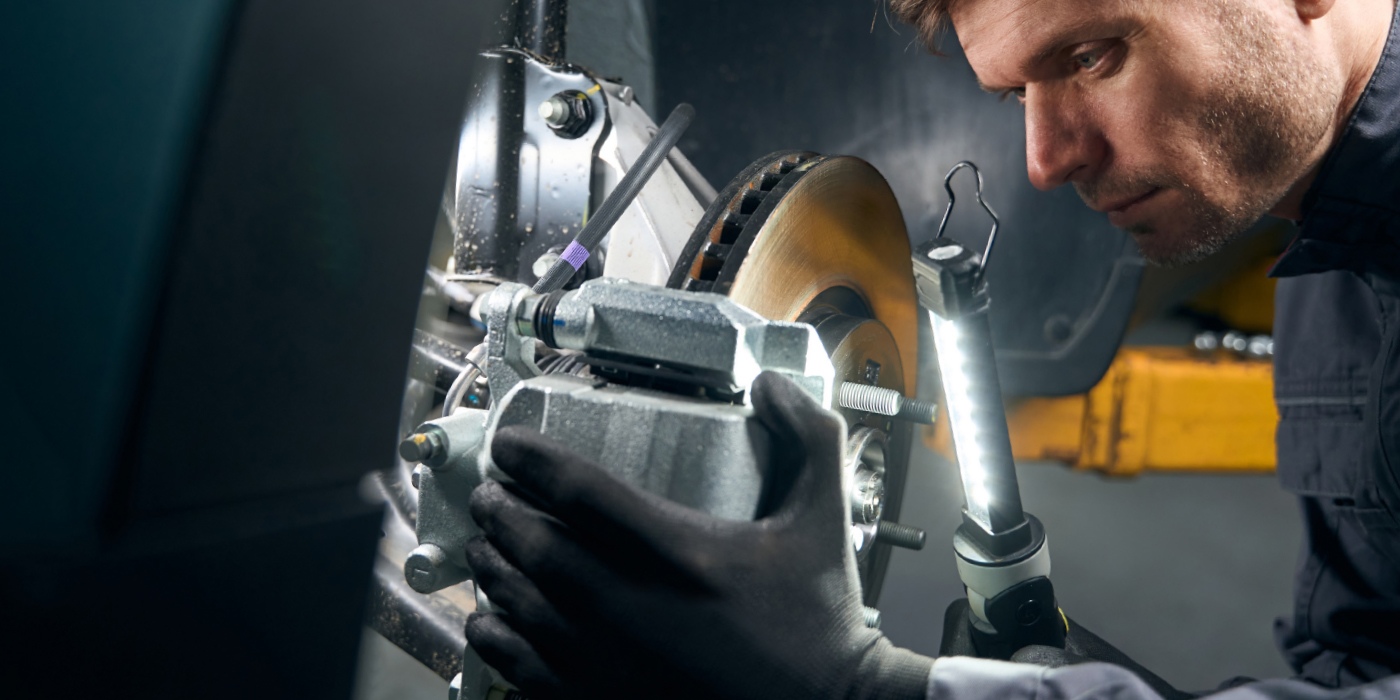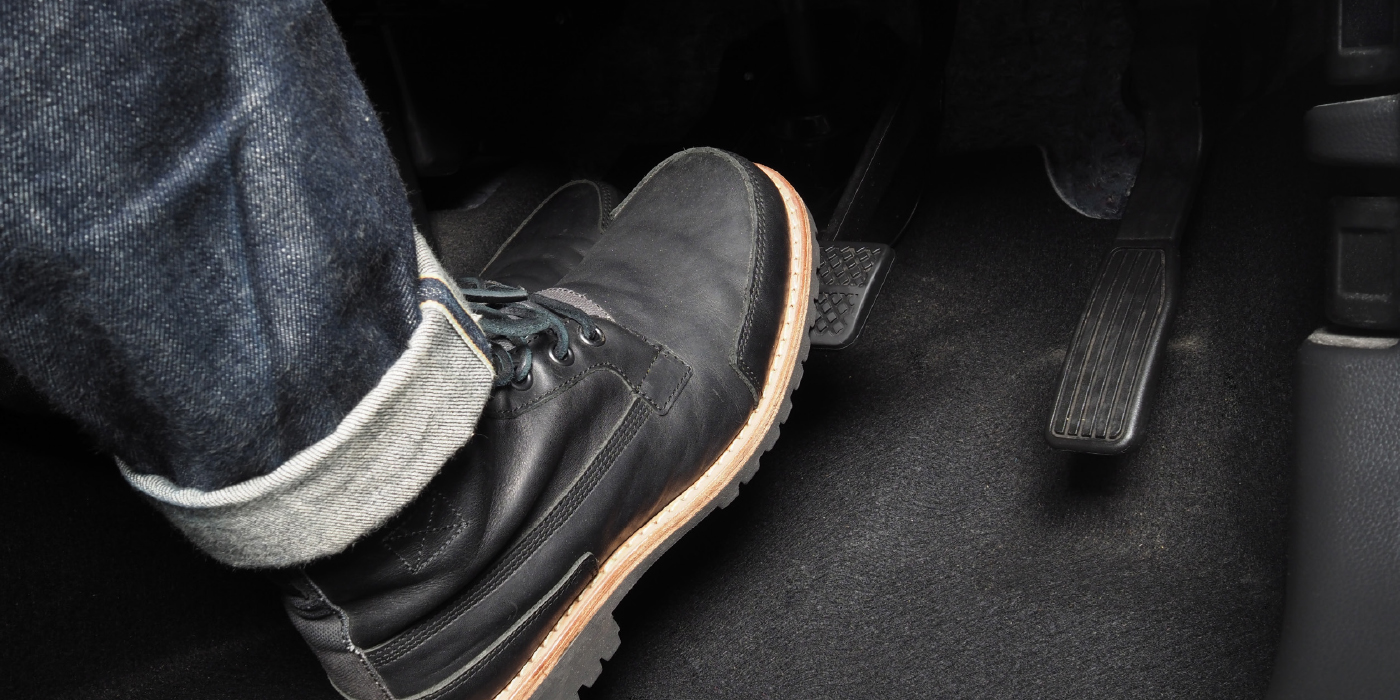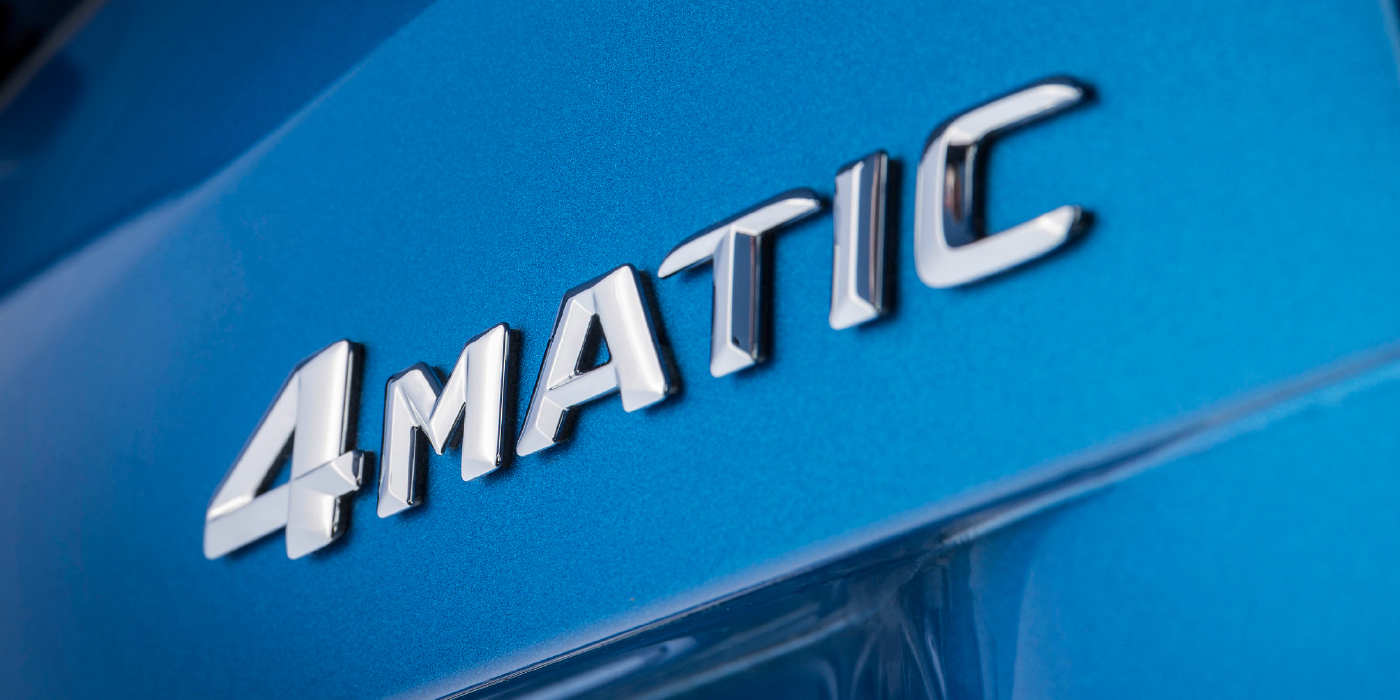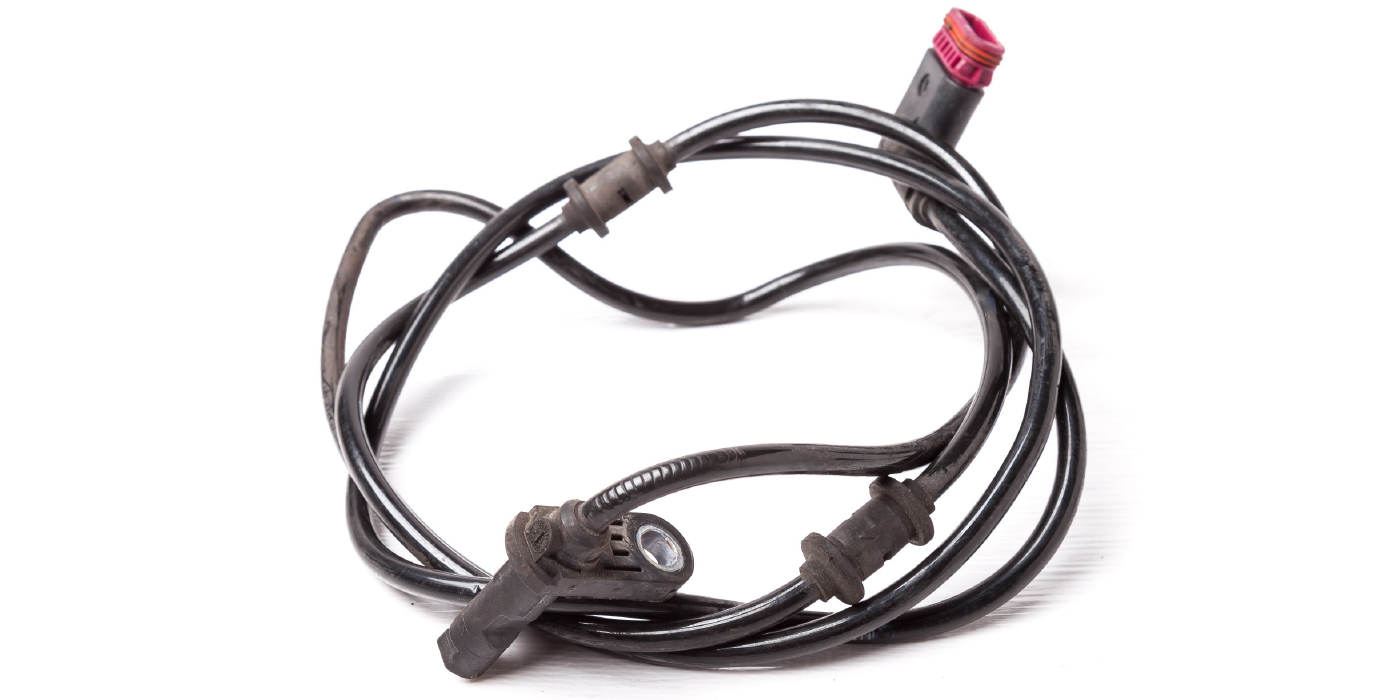Lubrication is essential for the proper function of bearings because it reduces friction, which can cause damage or failure of the bearing. Lubrication also protects against corrosion and contaminants that can damage bearings and other wheel-end components. In the correct applications, lubricants extend the useful life of bearings to their optimum range.
Reduction Of Friction
The primary role of lubrication is to reduce friction between bearing components and adjacent components such as the spindle or axle. The heat generated by friction can cause bearings to deteriorate in a number of ways, including the destruction of seals, balls or raceways, depending on the type of bearing in your vehicle. A lack of lubrication can cause excessive friction, leading to wheel bearing failure and leaving a vehicle stranded on the side of the road.
Prevention Of Corrosion
Contaminants such as water, salt and organic debris can cause wheel bearings to corrode and fail over time. Lubrication serves as a vital barrier of protection against these contaminants, keeping the integrity of bearing intact. If bearing seals become loose, punctured, or otherwise damaged by debris, seeping lubricant can allow contaminants into the bearing and cause failure. It is important to inspect bearings and seals regularly to prevent untimely corrosion-based failures.
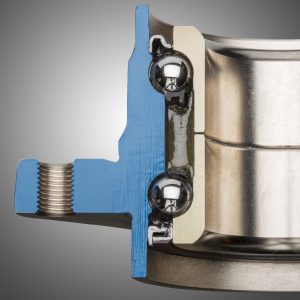
Stabilization Of Bearing Structures
Because of the critical role they play in wheel rotation, as well as the attachment of wheels to the vehicle, the structural integrity of wheel bearings is of paramount importance to the safe operation of a vehicle. Bearing lubricants can help bearings endure different loads and act as a stabilizing agent for bearing structures. The stabilizing effect of lubricants differs depending on whether grease, oil, or synthetic lubricants are used. You can count on bearing lubricants to help reinforce the overall functionality and reliability of bearings.
Lubrication is one of the most important factors impacting the operation and longevity of wheel bearings, which is why it is important to inspect and monitor bearing function on a regular basis. Without effective lubrication, drivers are being setup for potential breakdowns.
Courtesy of BCA

